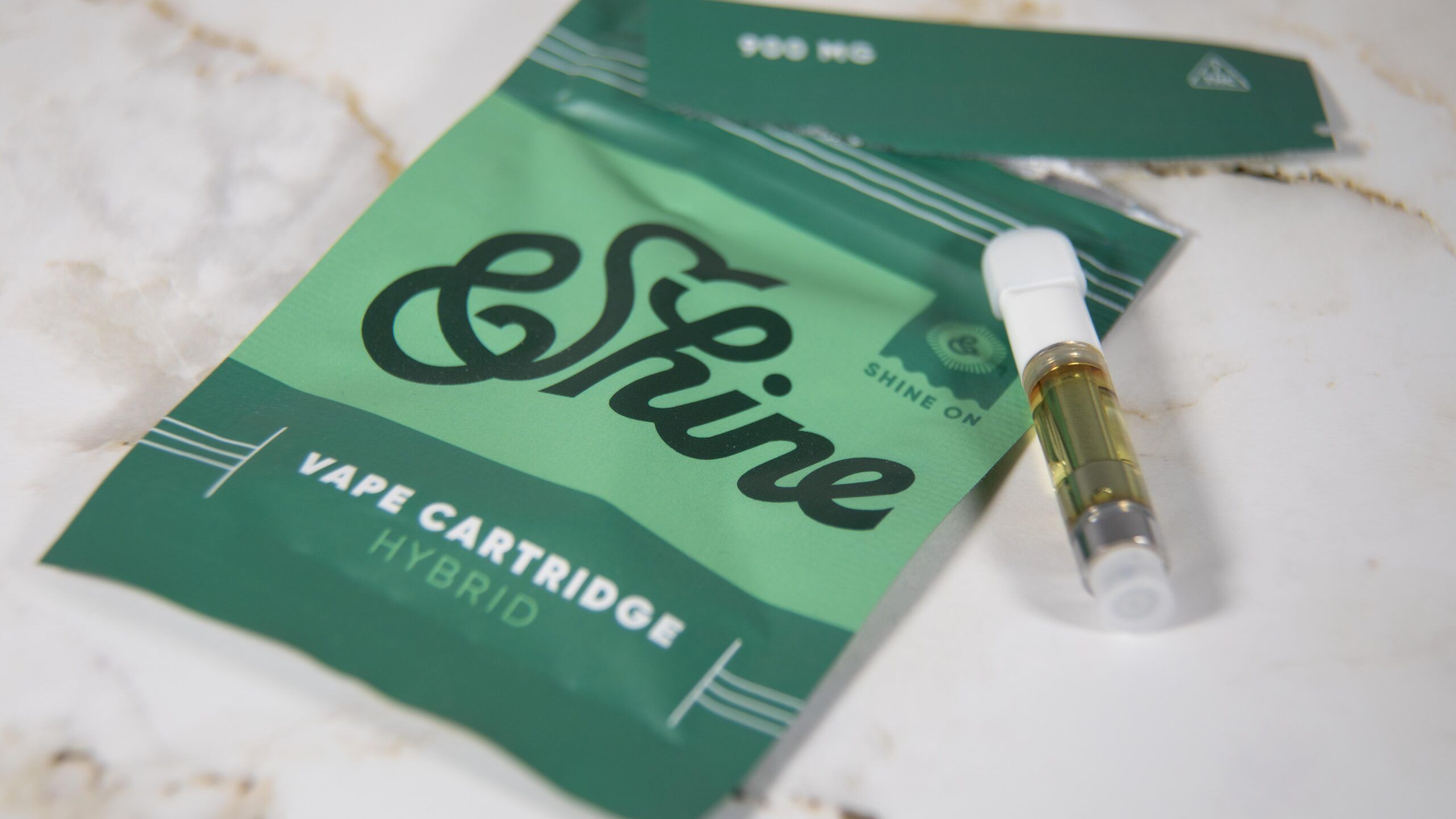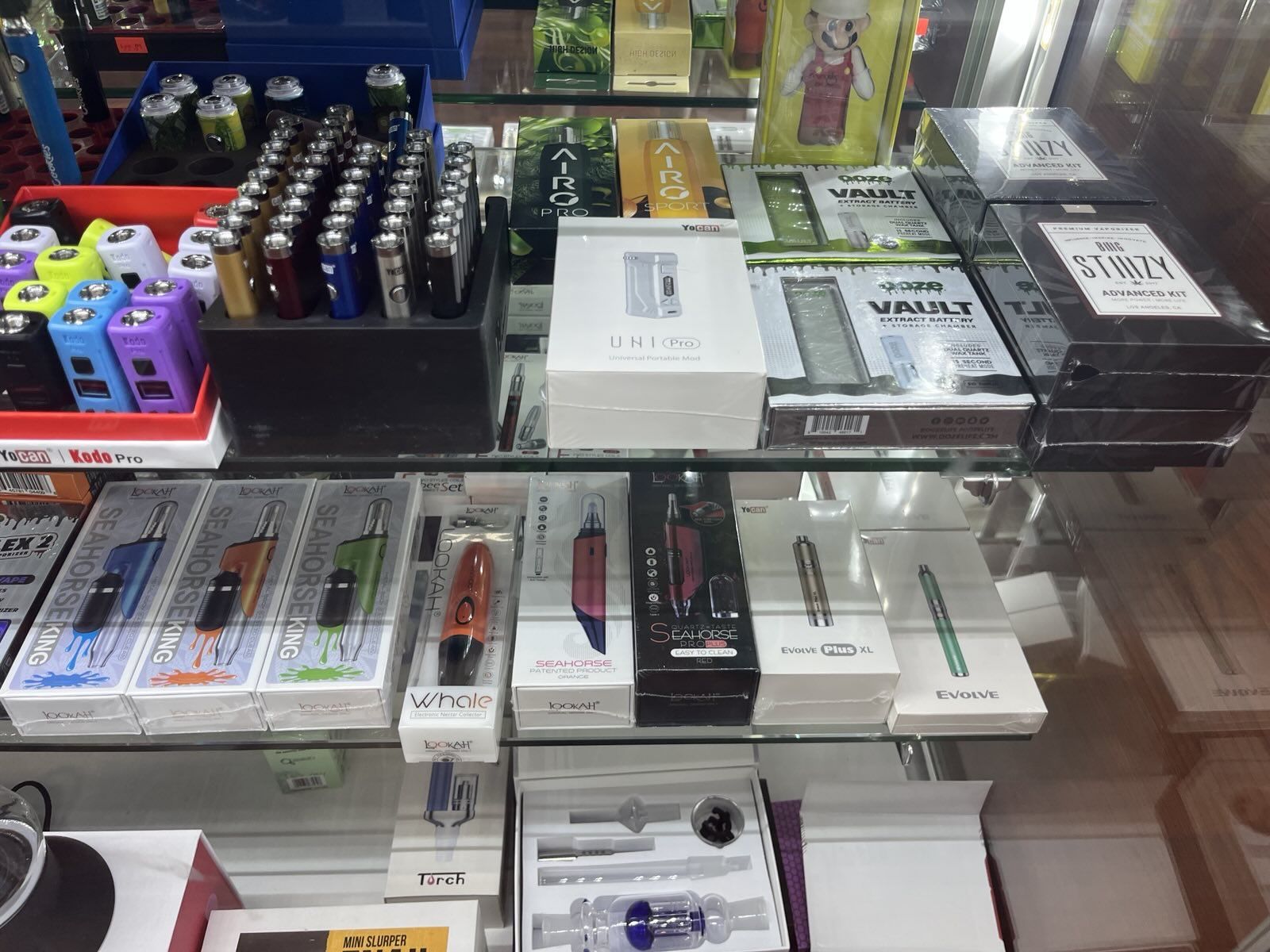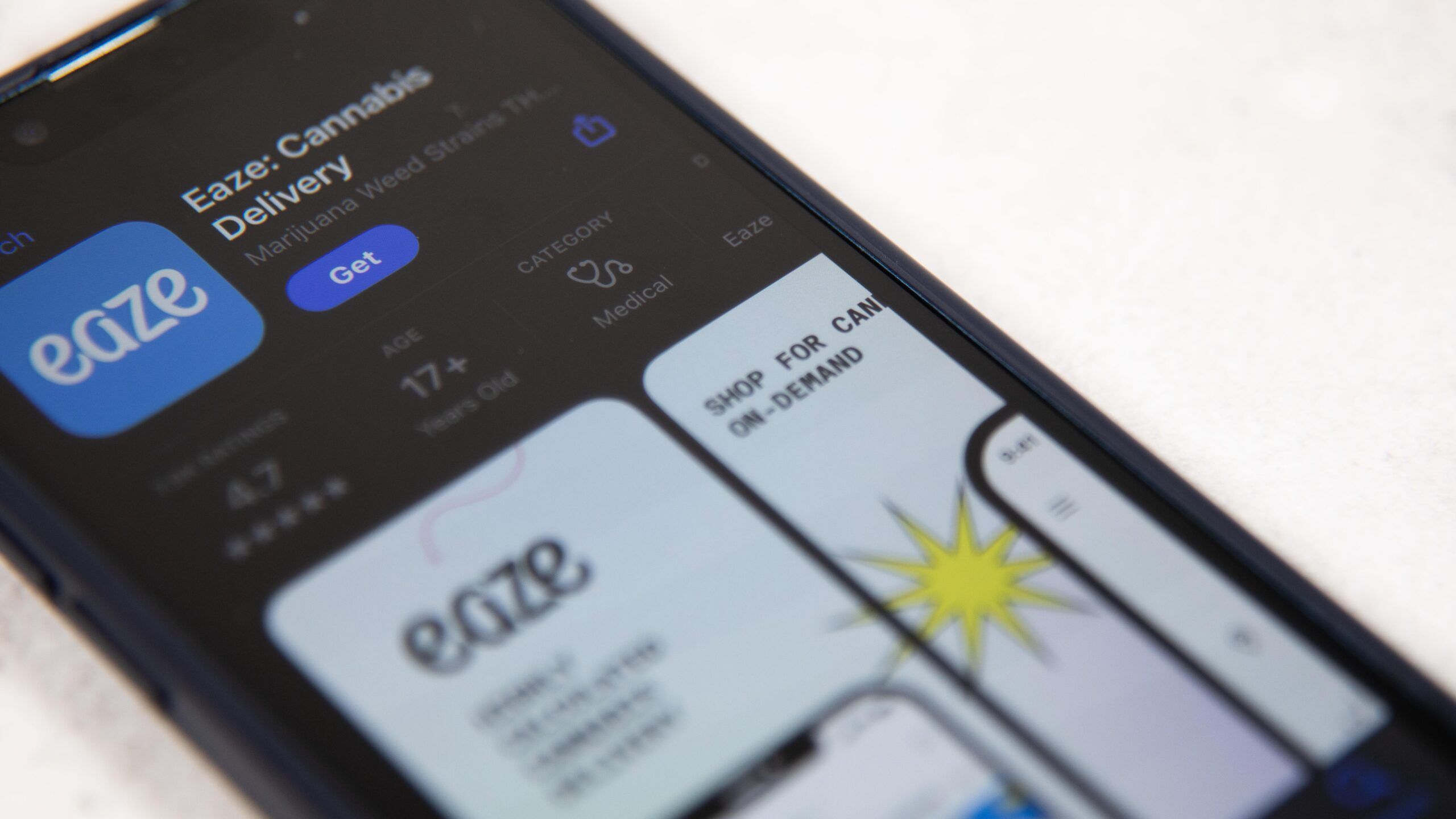Traveling with marijuana vape cartridges—often called “carts”—might seem harmless, especially if cannabis is legal where you’re flying from or to. But in reality, carrying them can expose you to a web of federal regulations, airline policies, and international laws. Here’s what you need to know to stay informed and out of trouble.
The U.S. Domestic Risk: Federal Trumps State
Despite many U.S. states legalizing cannabis, federal law still classifies THC as a Schedule I controlled substance. That means:
- TSA checkpoints follow federal law, not state legalization (TSA’s medical marijuana policy).
- They don’t actively search for drugs but will refer any suspected cannabis products to law enforcement.
- Carrying THC carts—whether in carry‑on or checked luggage—can result in confiscation, interrogation, fines, or even arrest, depending on the jurisdiction.
Even seasoned travelers report mixed experiences. Some say they’ve flown with carts with no issues—“TSA does not care”—but others warn this is purely luck. Carrying them remains a serious federal risk.
Airline & Airport Policies
Airlines like Delta explicitly state that marijuana in any form is banned, even if local laws allow it. TSA requires all electronic cigarettes and vaping devices in carry-on luggage only, due to lithium battery fire risk, but adds that THC products are illegal.
Packing tips won’t fix the illegality. Even dry-herb vaporizers must be residue-free to avoid suspicion. And any attempt to conceal a THC cart—like placing it with nicotine vapes—can backfire badly if TSA or police detect it.
International Travel: Never Worth the Risk
Travelling across borders with THC carts exponentially increases legal stakes:
- Nearly all countries prohibit cannabis, regardless of local state laws.
- France, for instance, treats importing cannabis—even a small cart—as illegal, risking fines or imprisonment.
- Customs and border control take it seriously—Canada allows sales, but U.S. Customs forbids bringing any product back.
Drug-sniffing dogs at customs are trained to detect THC odors. Even trace amounts or residue can lead to items being seized, delays, police questioning, or worse.
Safety, Liability & Flight Risks
Beyond legal issues, THC vape cartridges can pose safety and damage risks:
- Lithium-ion battery danger: Airlines prohibit vape batteries in checked baggage to avoid fires; carry-ons are still required to adhere to watt-hour limits.
- Pressure leaks and spills: Vape carts can leak at altitude. If they burst in your bag, they could damage belongings—or worse, obscure X-ray images during security screening.
- Heavy penalties overseas: Bringing THC into strict countries can result in severe consequences—fines, jail, deportation.
Best Practices & Alternatives
If you rely on cannabis for medical or recreational use, consider safer options:
- Buy on-site in legal destinations: Many U.S. states and countries offer legal vape carts—save yourself the risk and purchase locally.
- Use FDA-approved alternatives: Products like Epidiolex (CBD for seizures) are federally legal and permitted through TSA.
- Pack tobacco or nicotine vapes instead: These comply with lithium-battery and carry-on rules—just don’t use them on the plane.
- Empty and clean your device: If you must travel with a vape pen, ensure it’s completely residue-free. Even then, you’ll risk some confusion.
Conclusion
Traveling with marijuana vape cartridges is a perilous gamble:
| Context | Federal Law | TSA | Airlines | International |
|---|---|---|---|---|
| Risk | Illegal | Can refer to law enforcement | Banned | Prohibited nearly everywhere |
Even if TSA doesn’t notice your cart, federal law is still in effect, and being caught could lead to serious legal trouble. Don’t assume that legality in one locale grants safety in another. Instead, make legal purchases at your destination, opt for compliant alternatives, and prioritize safety and peace of mind over convenience.
Stay informed, fly smart—and keep your travels smooth and trouble-free.



